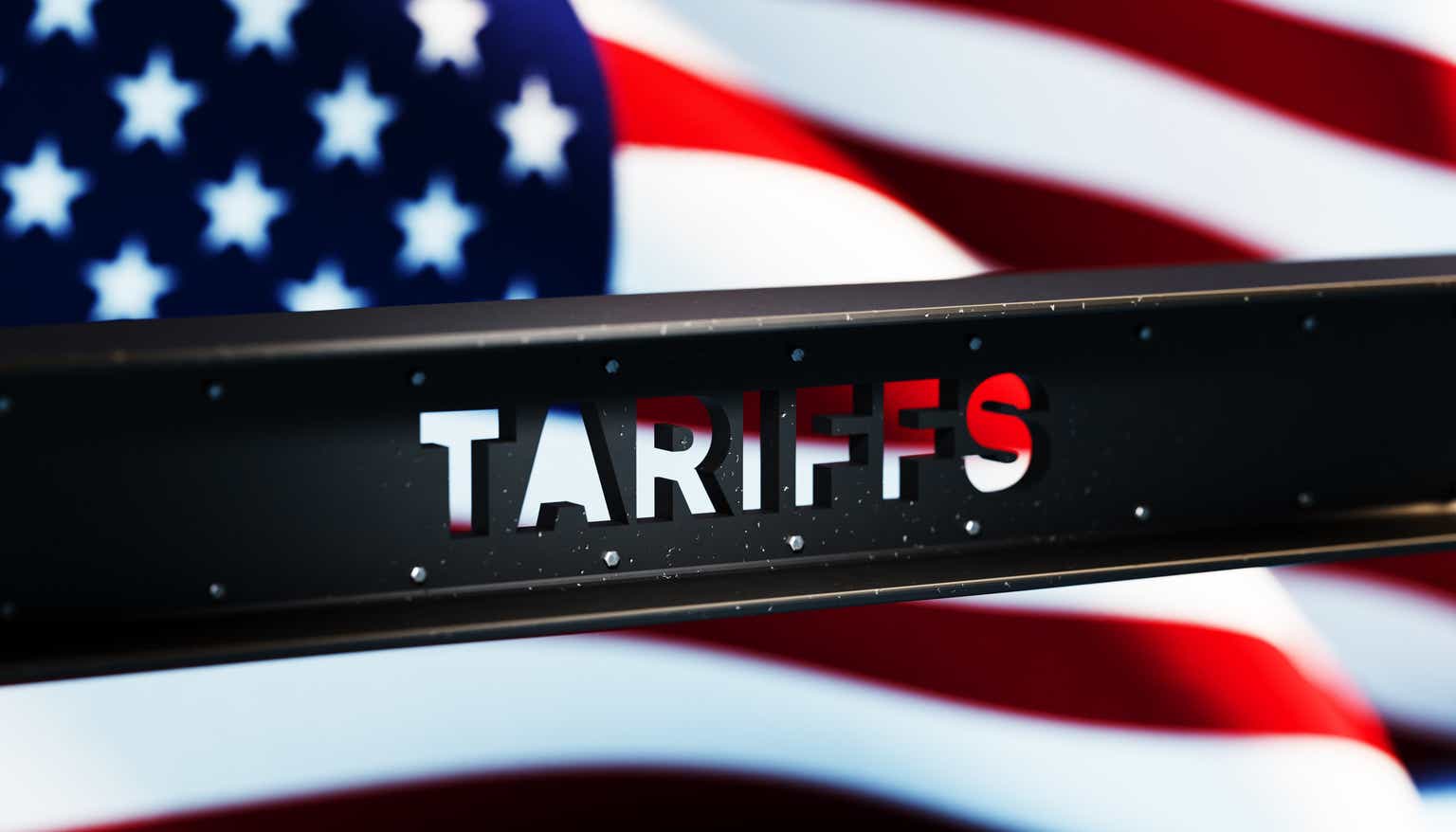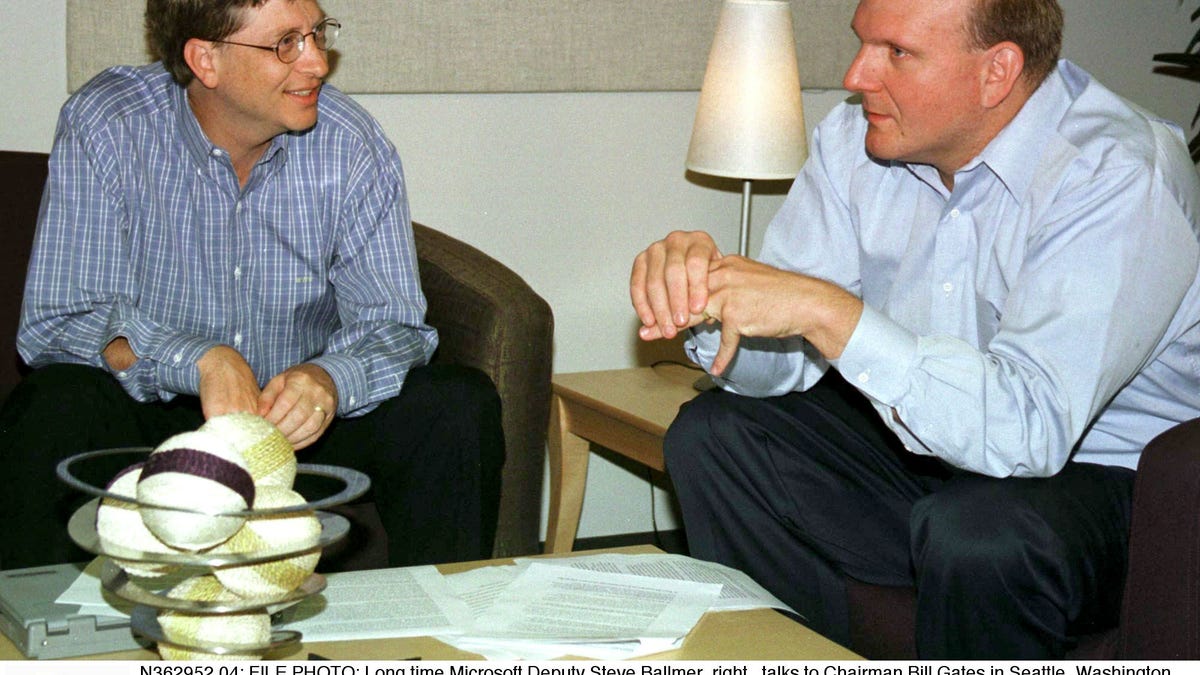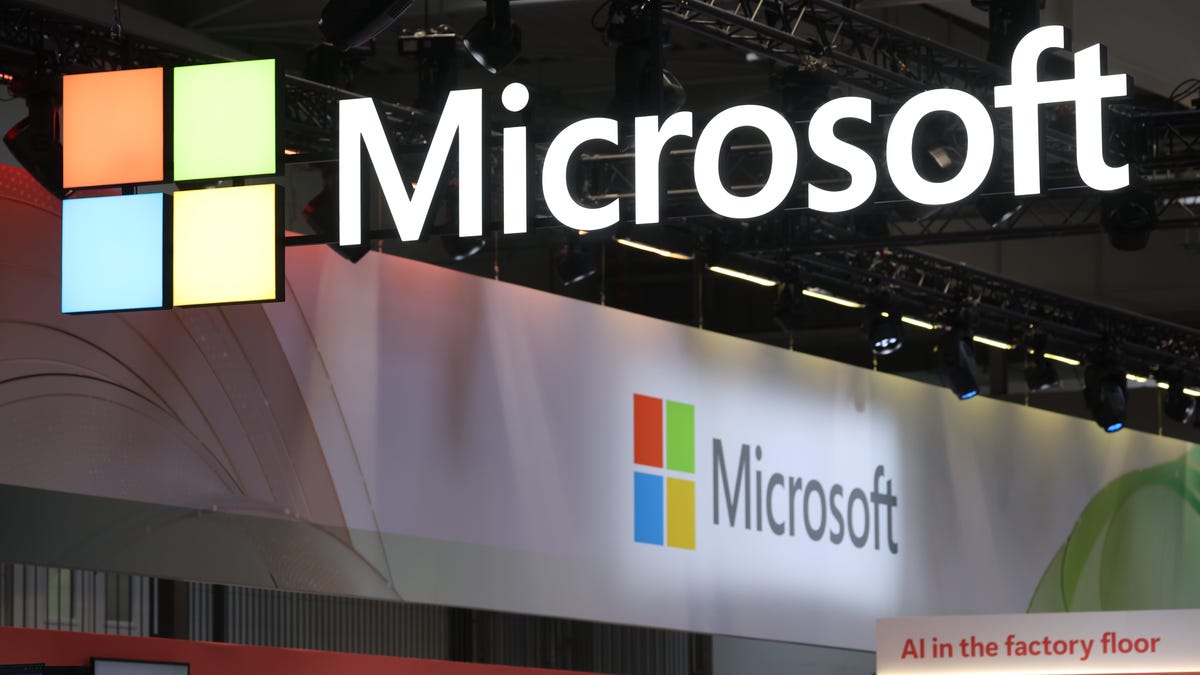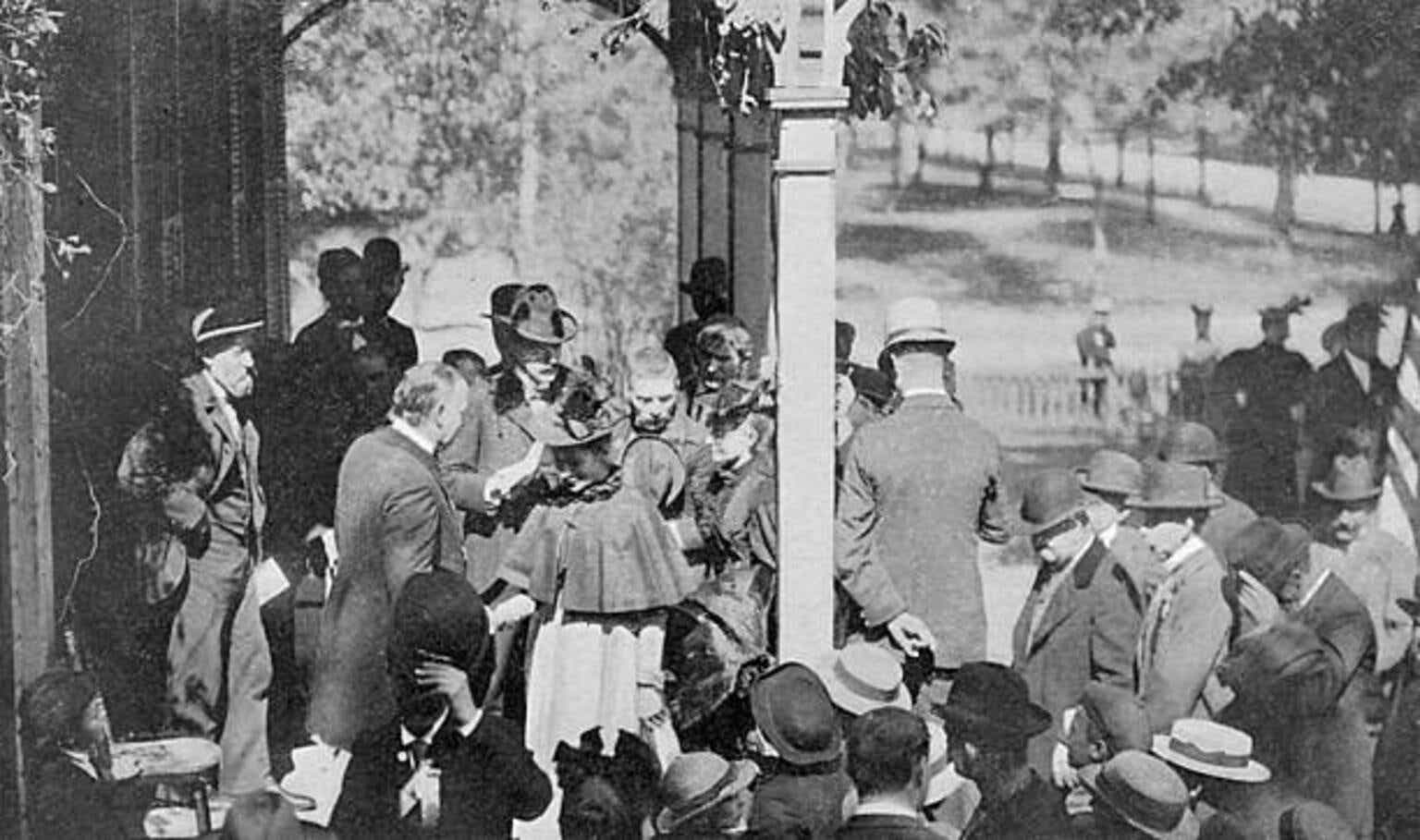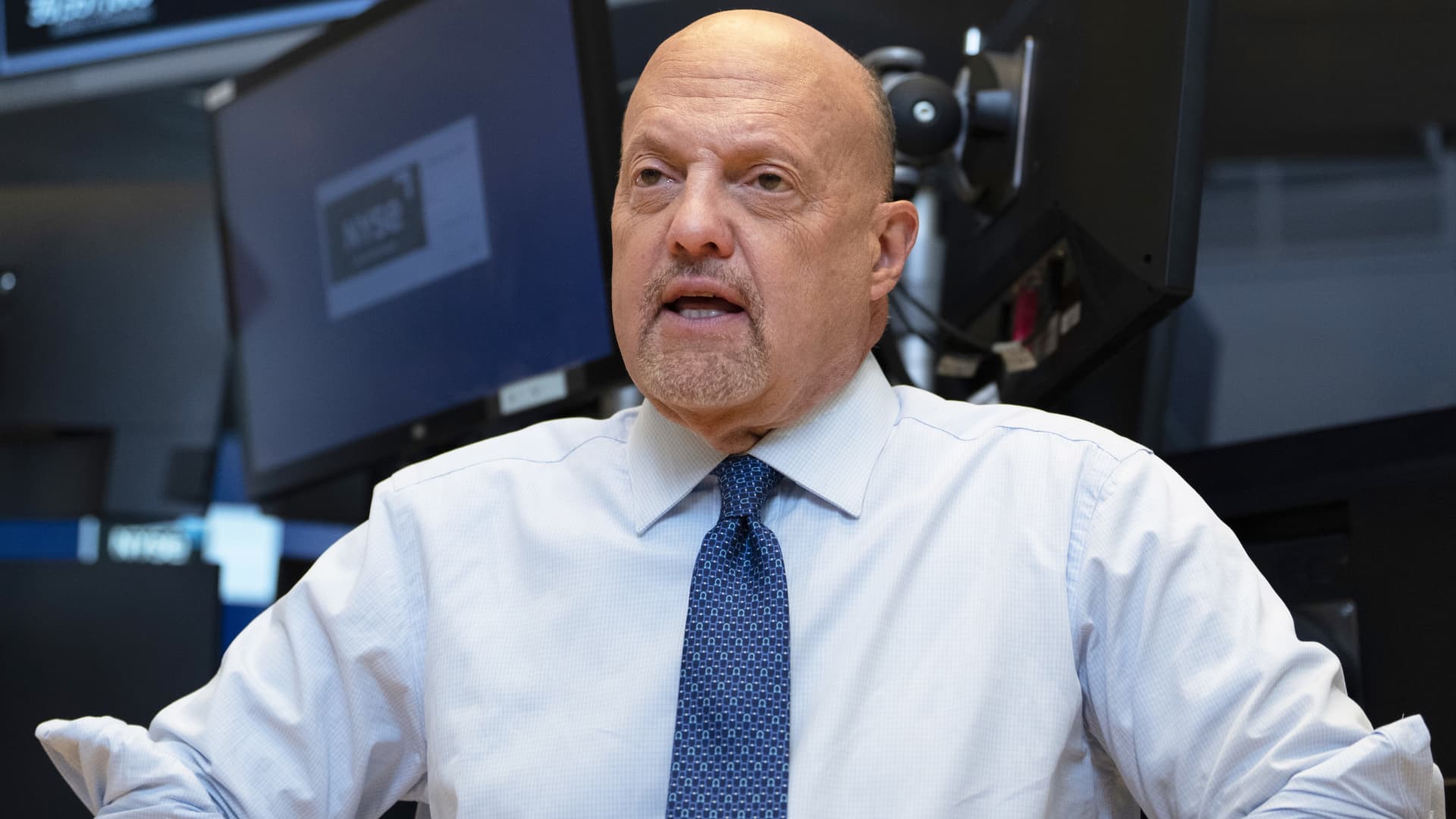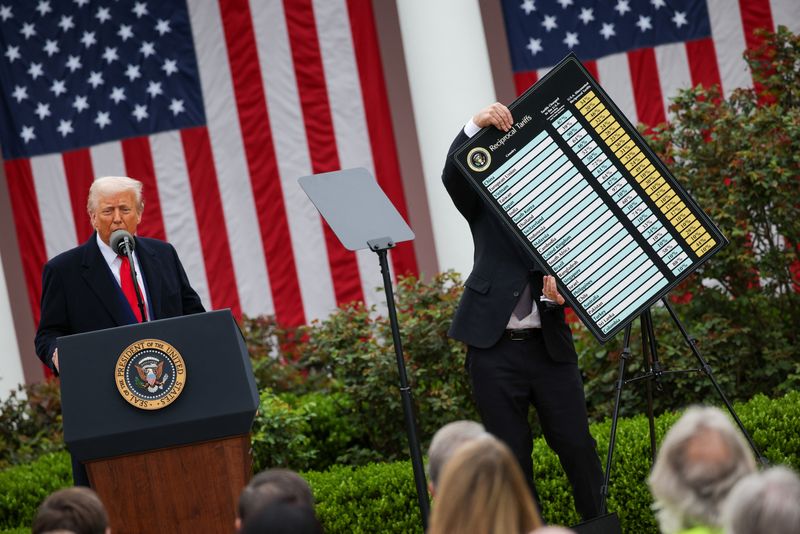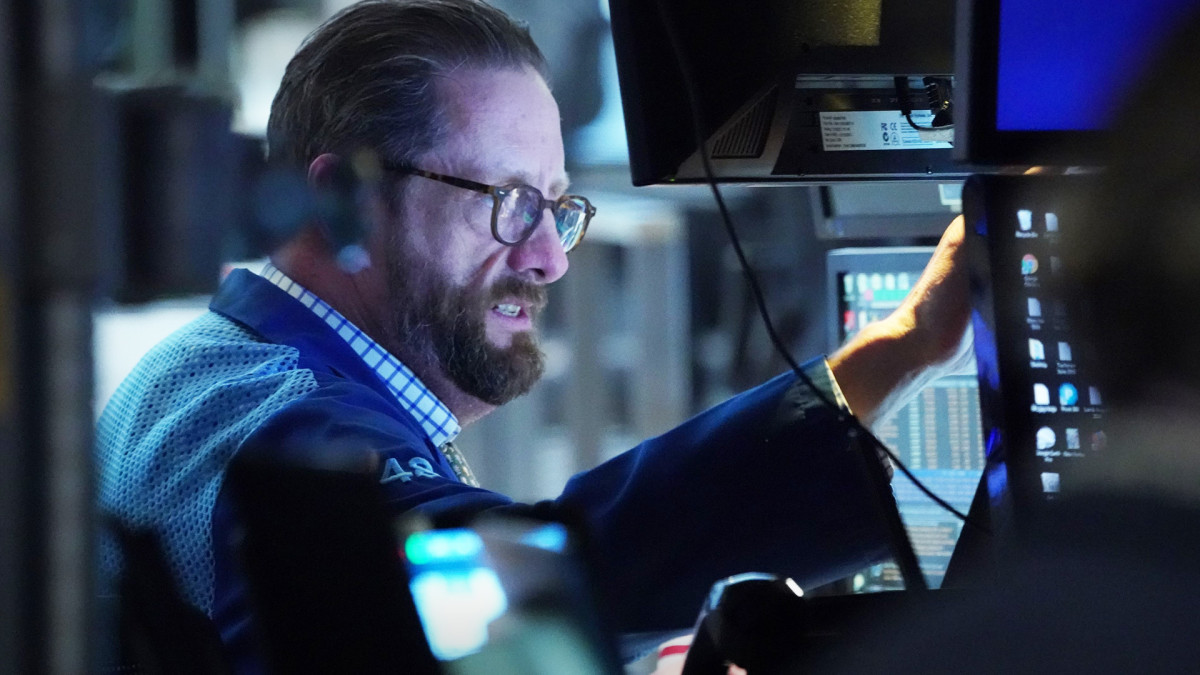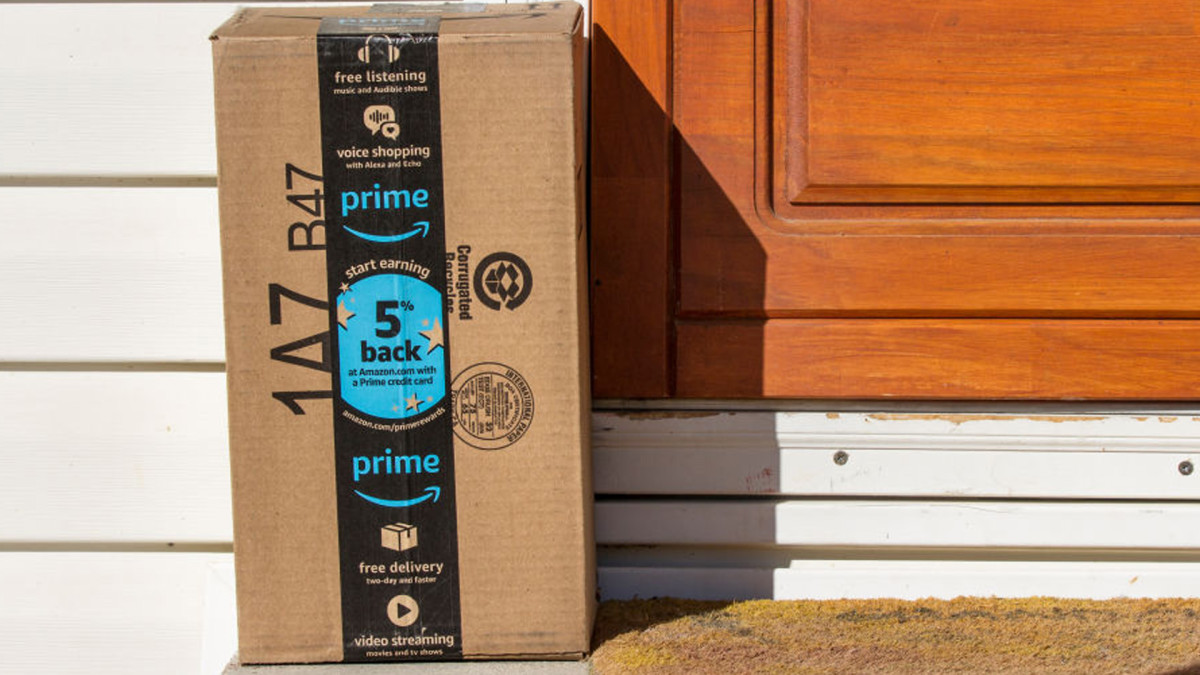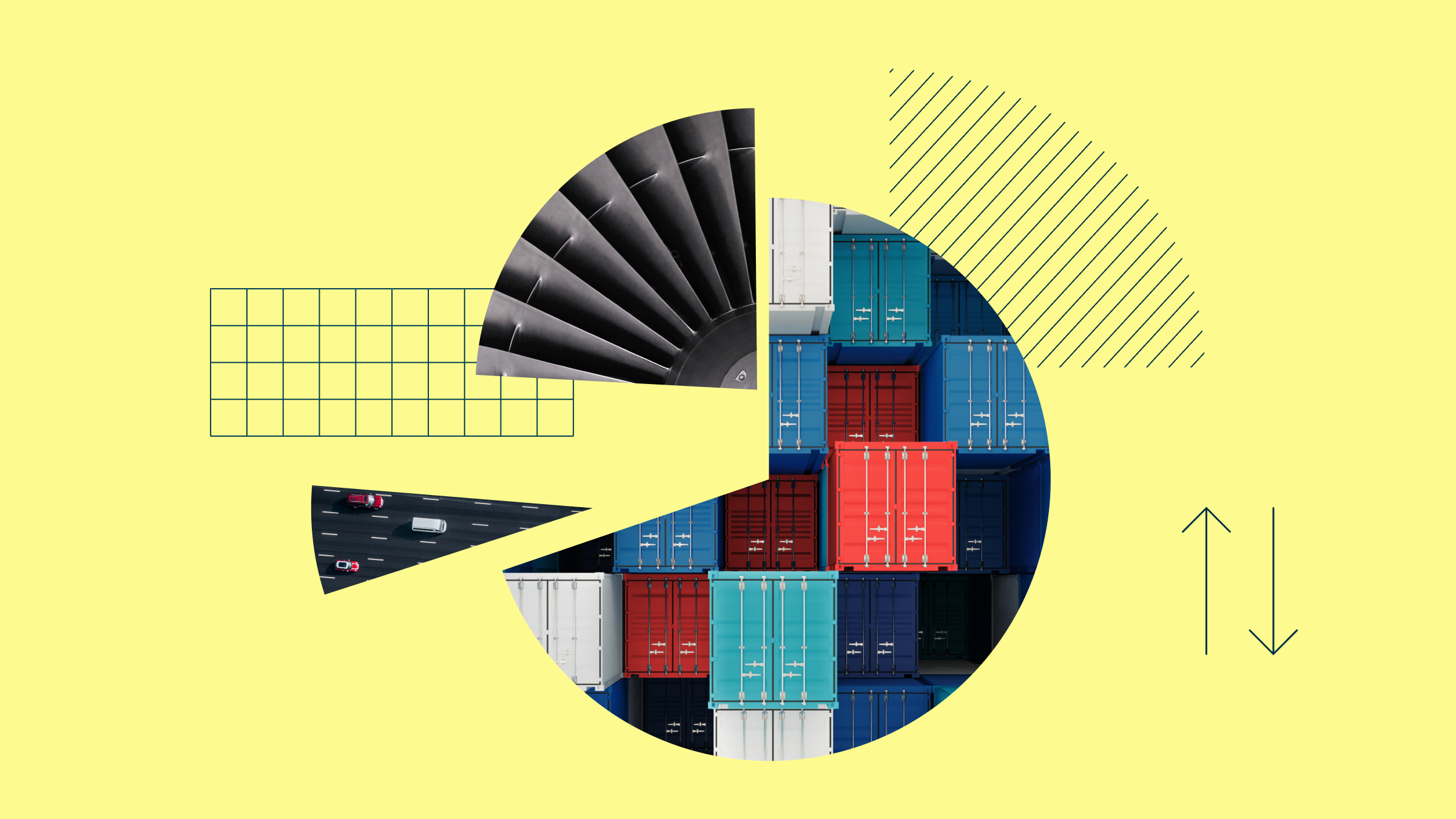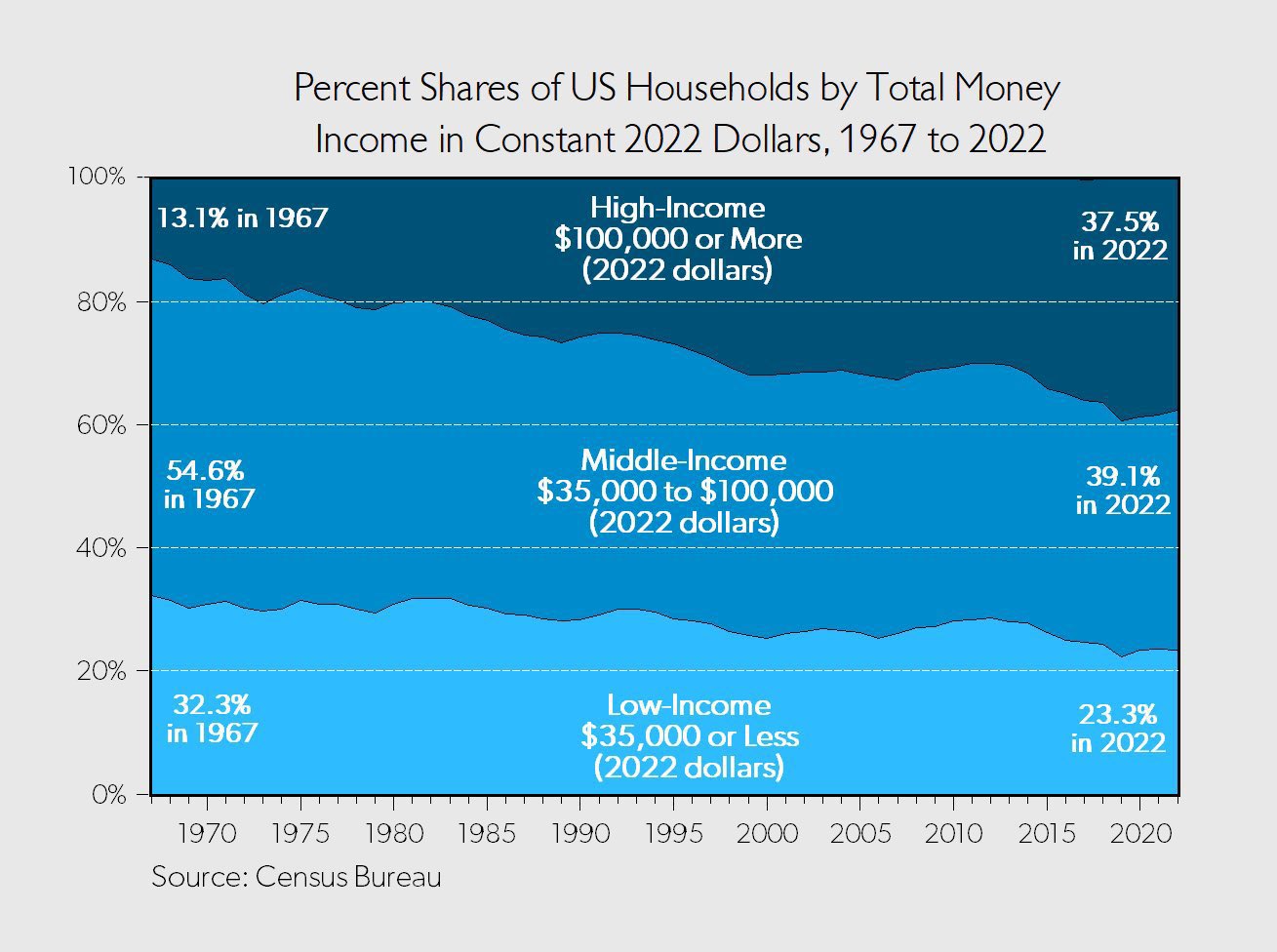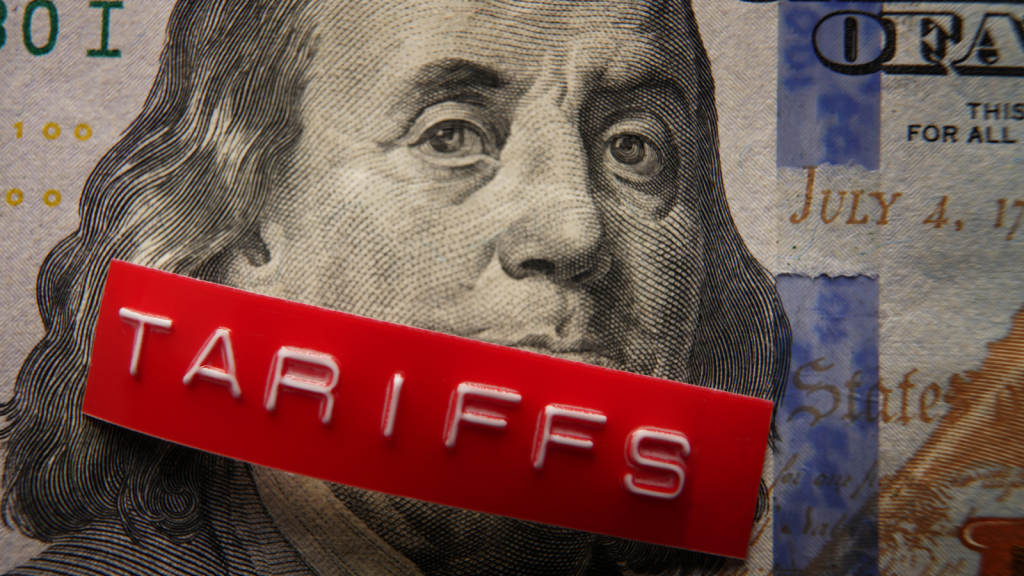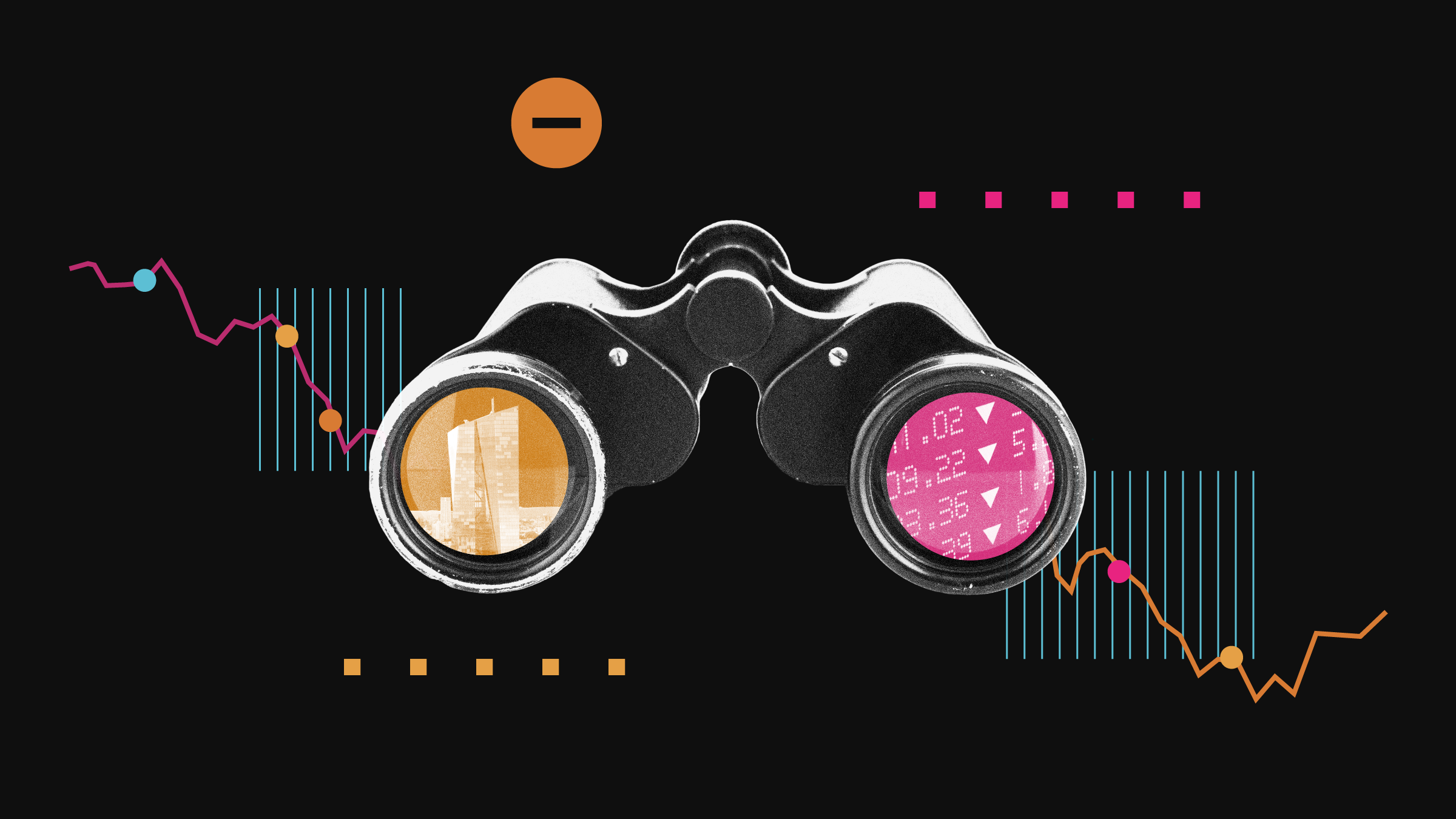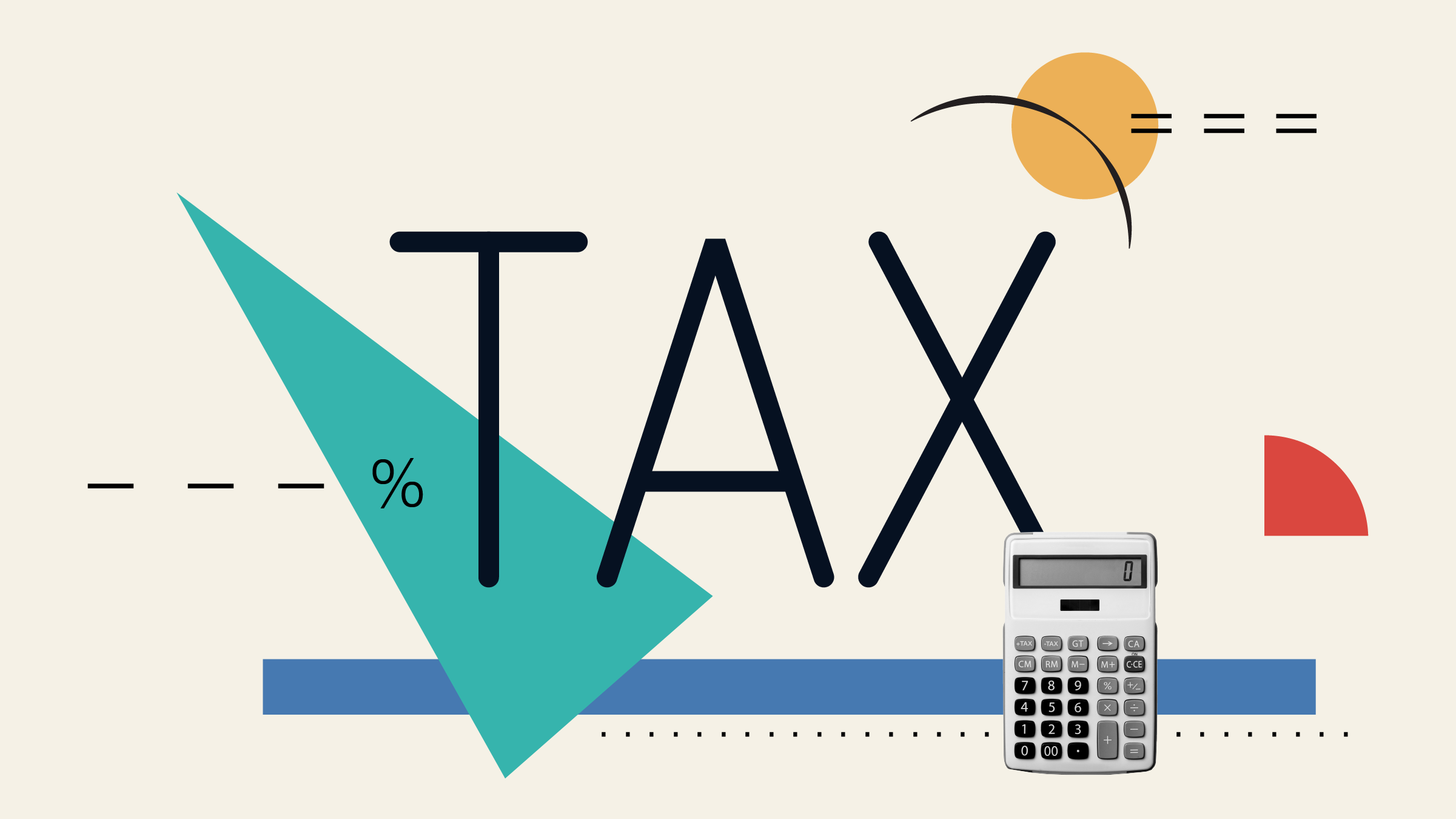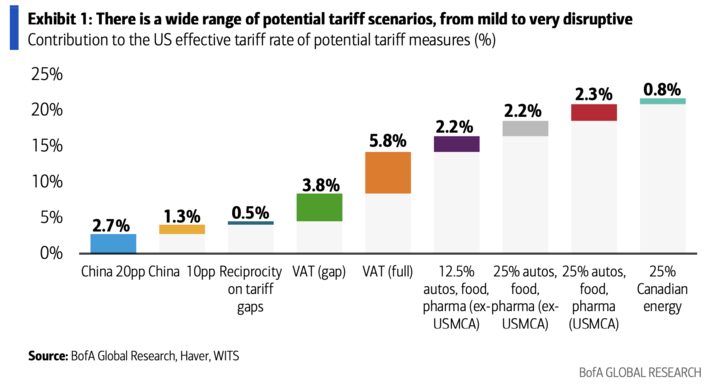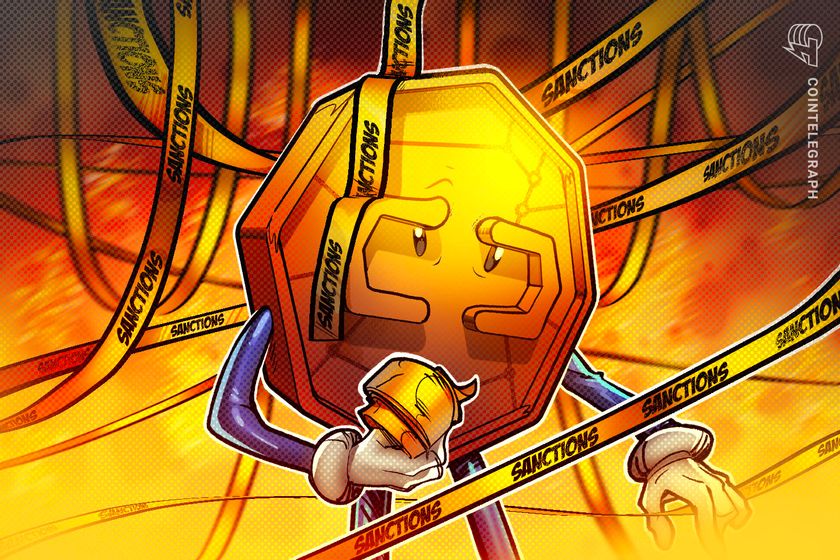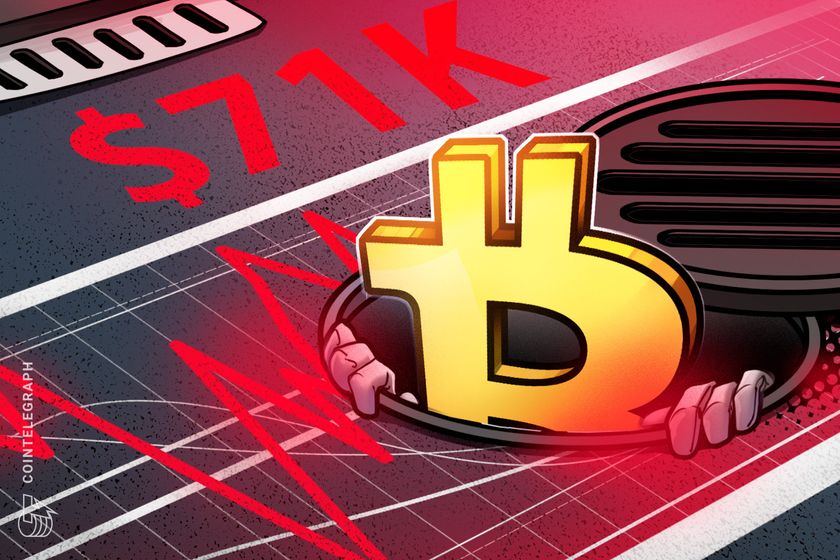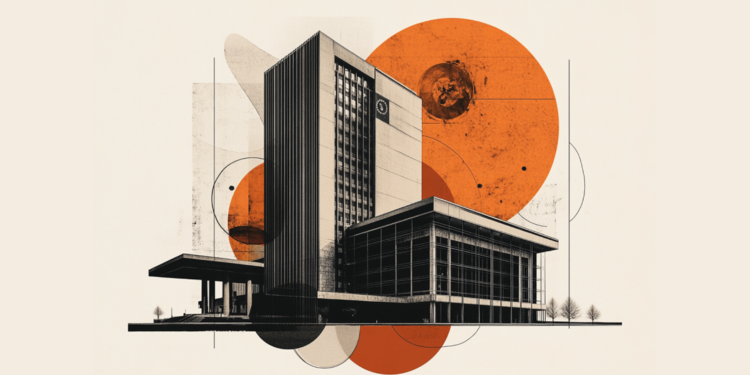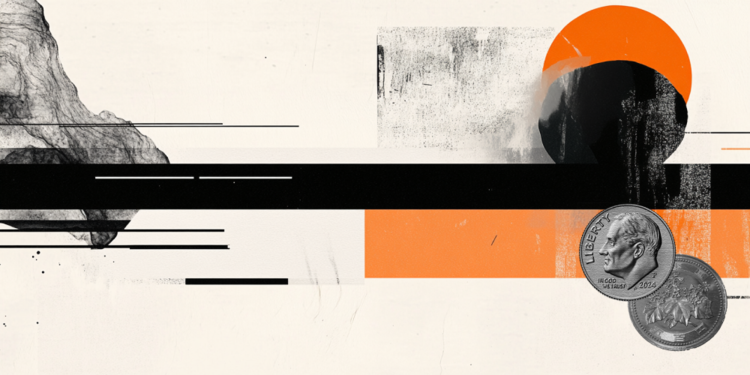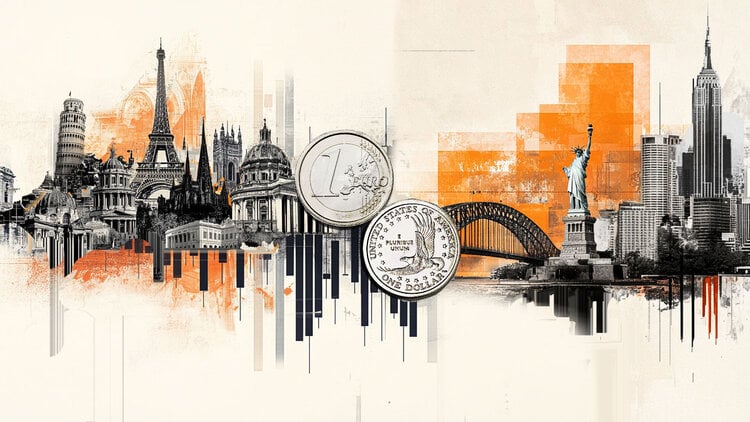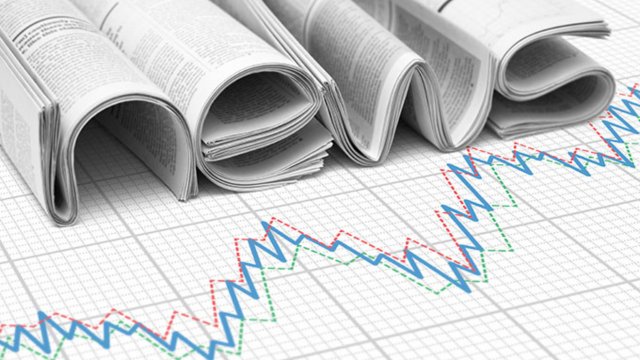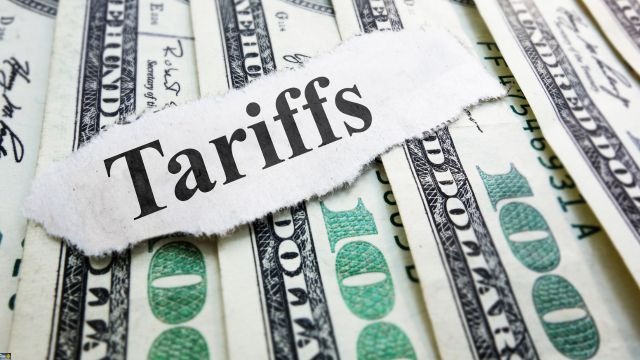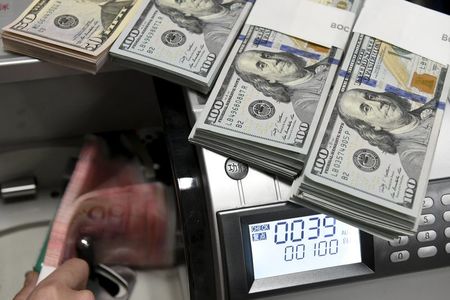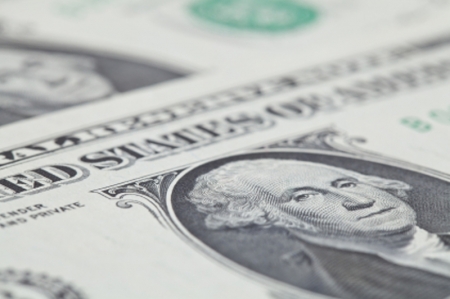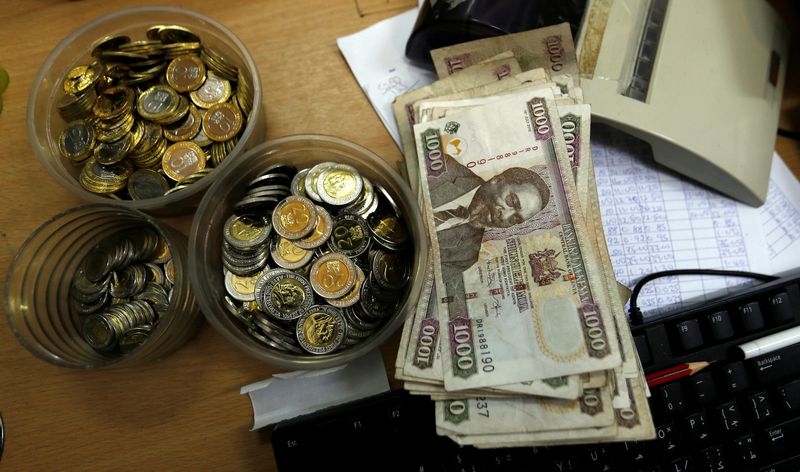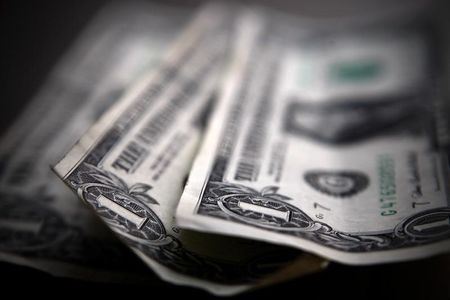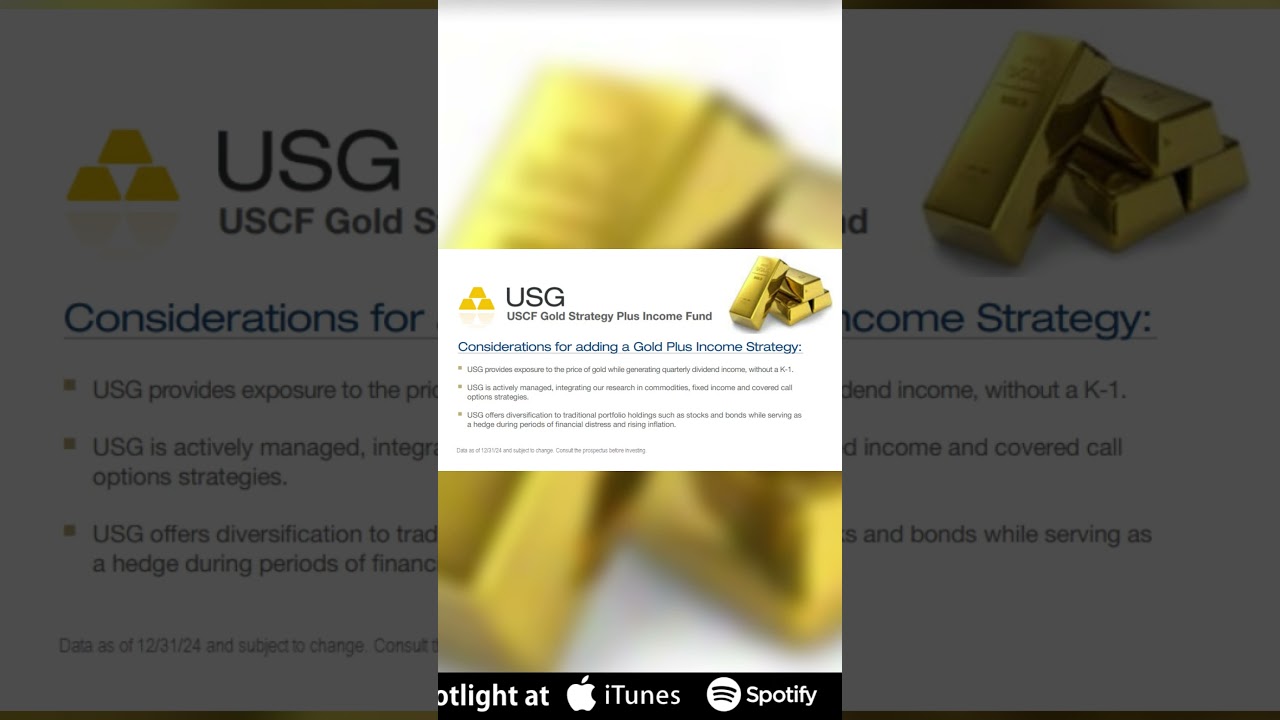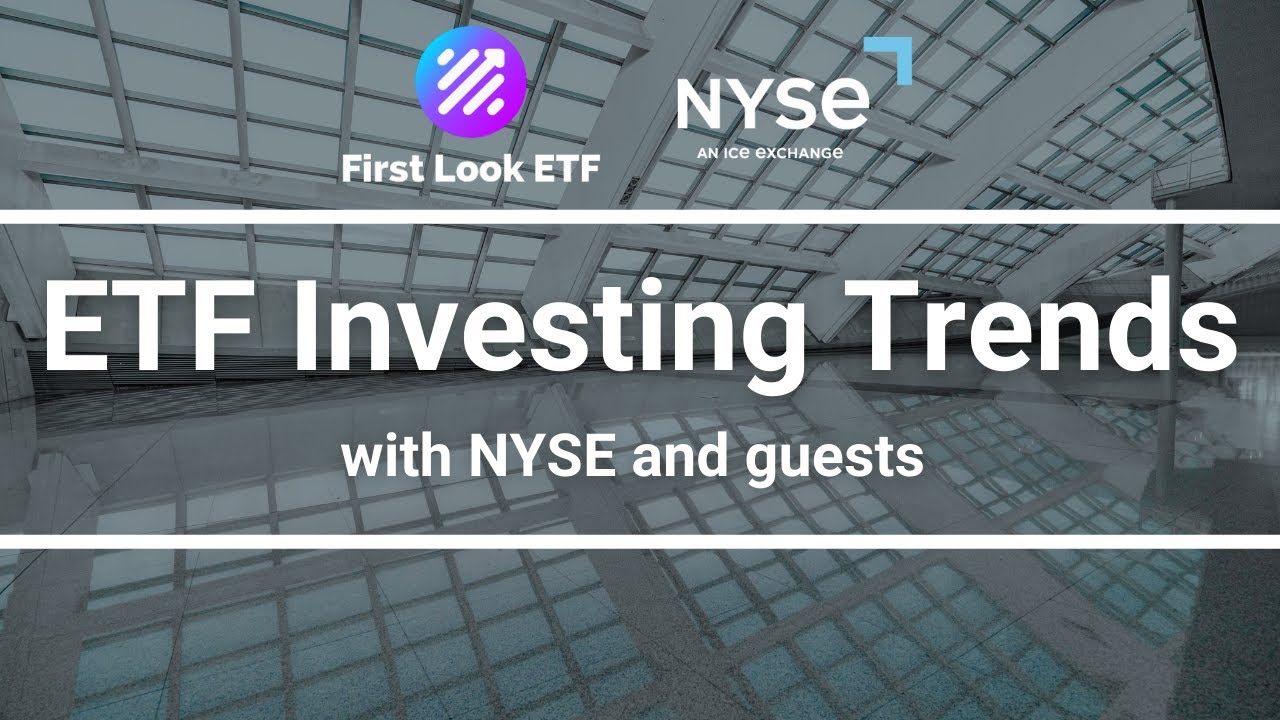71% of Americans Want Lower Top Rates… Yet 54% Say the Rich Should Pay More
No matter how much money you earn or where you get your income from, taxes are something you’re going to have to deal with. In 2023, more than 162 million people filed a tax return. But that doesn’t mean that everyone understands the tax code the way they should. The Tax Foundation recently conducted […] The post 71% of Americans Want Lower Top Rates… Yet 54% Say the Rich Should Pay More appeared first on 24/7 Wall St..
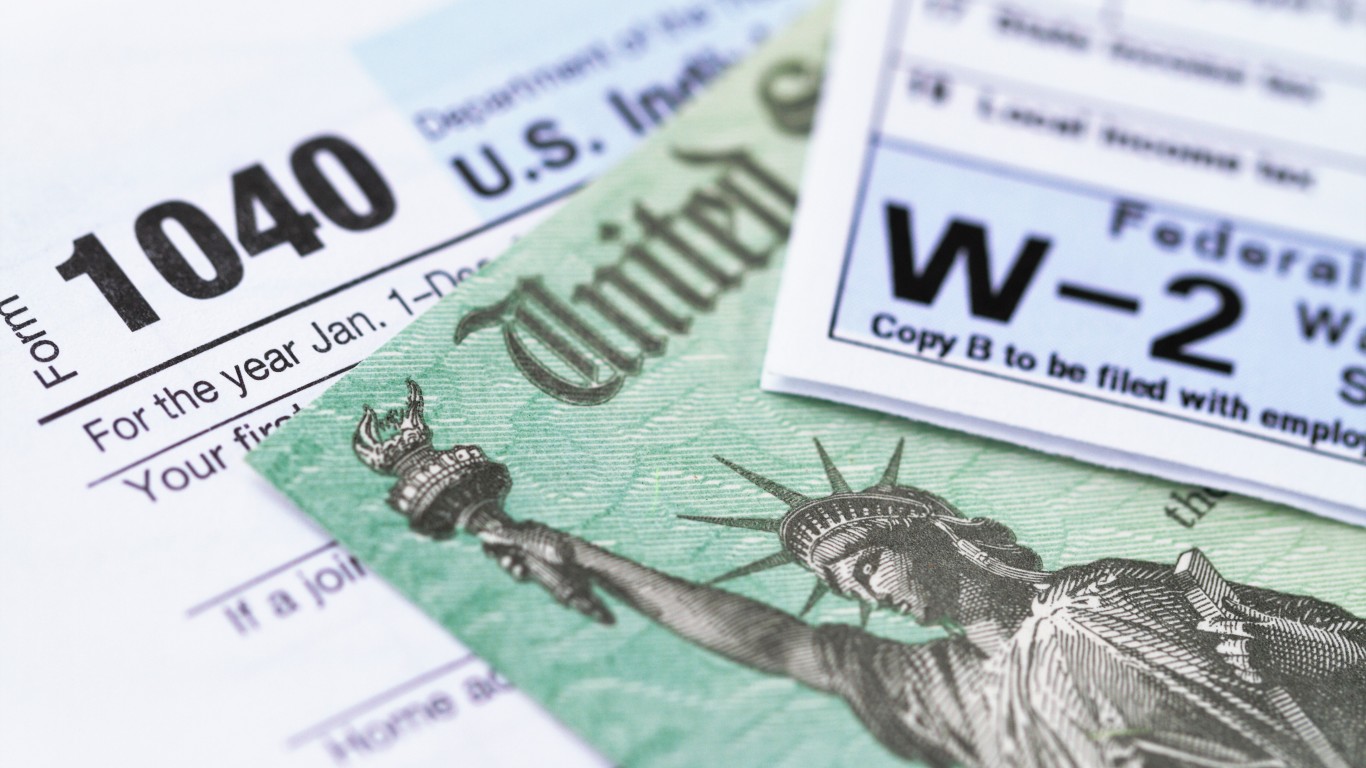
Key Points
-
Data shows that Americans seem to have contradictory views on taxes.
-
They want the highest rates cut, yet they want higher earners to pay more.
-
It’s important to understand how the tax code works and how it affects you.
-
Are you ahead, or behind on retirement? SmartAsset’s free tool can match you with a financial advisor in minutes to help you answer that today. Each advisor has been carefully vetted, and must act in your best interests. Don’t waste another minute; get started by clicking here here.(Sponsor)
No matter how much money you earn or where you get your income from, taxes are something you’re going to have to deal with. In 2023, more than 162 million people filed a tax return. But that doesn’t mean that everyone understands the tax code the way they should.
The Tax Foundation recently conducted a survey to gauge Americans’ understanding of the tax code and get their opinions on it. And it revealed some interesting results.
Tax literacy is low overall
The survey above revealed that most U.S. taxpayers don’t understand the tax code. And a big part of the misunderstanding boils down to how income is taxed. A good 65% of Americans also feel that the U.S. tax code is overly complex, and 86% say tax reform is needed.
There’s a big contradiction at play
The aforementioned survey also revealed a glaring contradiction. A good 71% of respondents say they support lowering the top income tax rate. But 54% say that higher earners should be paying more in taxes.
If the government were to lower the top tax rate, it would leave higher earners paying less, not more, in taxes. And it probably wouldn’t have any impact on average earners, so this sentiment is somewhat surprising.
But then again, Americans on a whole don’t even seem to know what tax rate applies to the highest earners today. Only 33% of respondents were able to identify it correctly. (Hint: It’s 37%.)
Why the confusion?
A big reason why Americans might favor lowering the top income tax rate while wanting higher earners to pay more is that they don’t understand how the tax system works. So here’s a refresher.
The U.S. tax system is a marginal one, which means you pay a higher rate of tax on your highest dollars of earnings. But your tax rate doesn’t necessarily apply to all of your earnings.
Here’s an example. This year, single tax-filers with an income of $100,000 fall into the 22% federal tax bracket. But that doesn’t mean they pay 22% of $100,000.
The first $11,925 of earnings is subject to a 10% tax rate. Then, earnings between $11,925 and $48,475 are subject to a 12% tax rate.
Finally, earnings between $48,475 and $103,350 fall into the 22% tax bracket. So all told, someone with a $100,000 salary isn’t automatically losing $22,000 to taxes.
And also, there’s more to the story than that. Your total tax liability hinges on a number of factors that include the state you live in and what credits and deductions you’re eligible for. And remember, you’re required to pay FICA, too — taxes to fund programs like Social Security and Medicare.
As far as having the rich pay more, the reality is that data shows they’re already paying a lot. But lowering the top tax rate won’t achieve that goal.
Rather than focus on tax rates, one things lawmakers could do to get the wealthy to pay up is change how dividend income and capital gains are taxed. Wealthy people tend to get a lot of their income from investments, as opposed to earnings. And it’s the favorable rates there that help minimize their tax burdens. This may be something respondents in the survey above don’t know about.
This isn’t to say that lawmakers shouldn’t consider making changes to federal tax brackets. And maybe they will.
The last major overhaul was the Tax Cuts and Jobs Act of 2017, and some of those provisions are set to expire in 2025. As such, we could see more changes come down the pike as far as tax laws are concerned.
The post 71% of Americans Want Lower Top Rates… Yet 54% Say the Rich Should Pay More appeared first on 24/7 Wall St..







